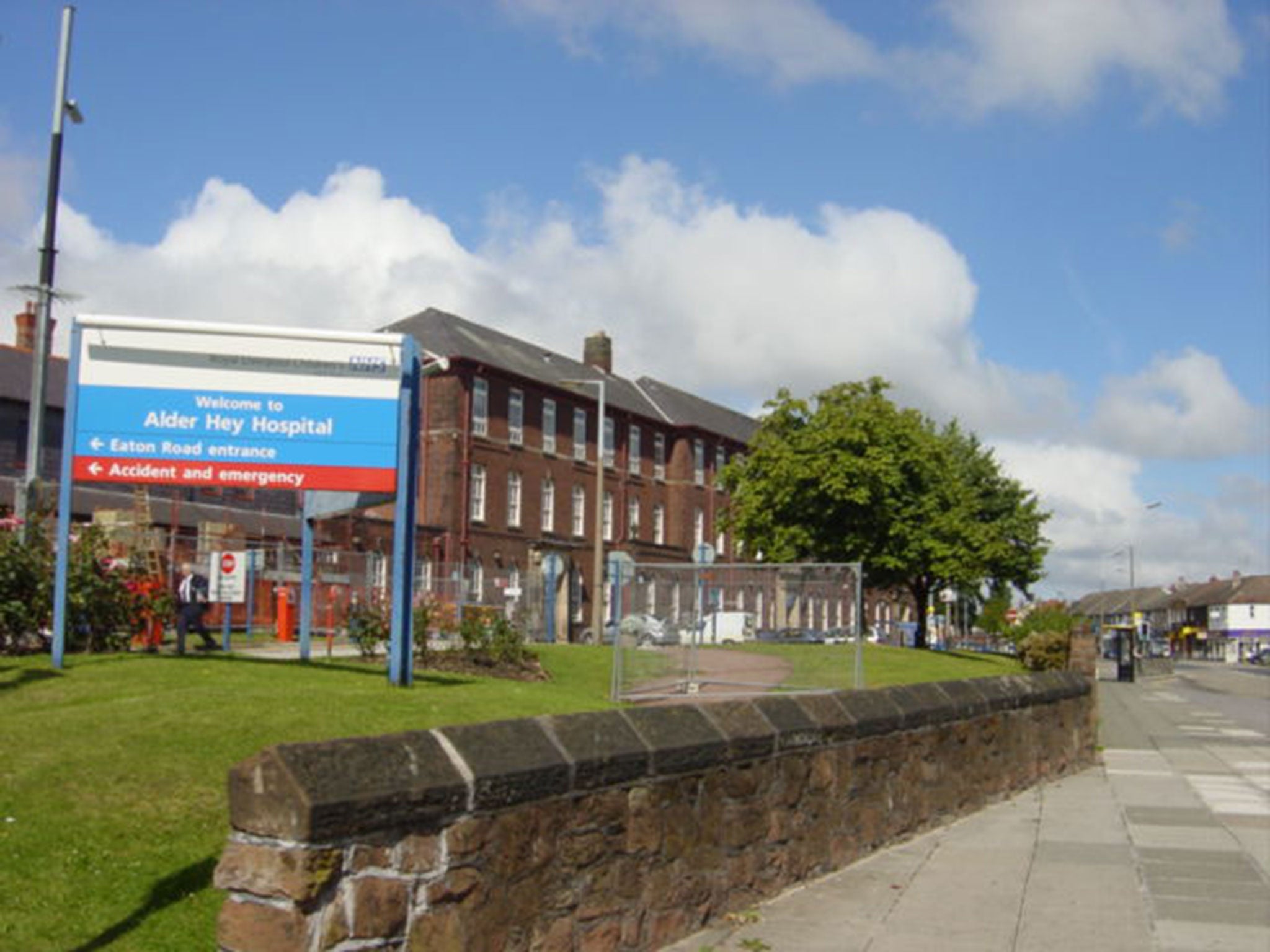Dead baby was found with cocaine, opiates, and anti-depressants in her stomach, report finds
After 'Mary' died, police found empty beer cans, drugs and a syringe at her family home

Your support helps us to tell the story
From reproductive rights to climate change to Big Tech, The Independent is on the ground when the story is developing. Whether it's investigating the financials of Elon Musk's pro-Trump PAC or producing our latest documentary, 'The A Word', which shines a light on the American women fighting for reproductive rights, we know how important it is to parse out the facts from the messaging.
At such a critical moment in US history, we need reporters on the ground. Your donation allows us to keep sending journalists to speak to both sides of the story.
The Independent is trusted by Americans across the entire political spectrum. And unlike many other quality news outlets, we choose not to lock Americans out of our reporting and analysis with paywalls. We believe quality journalism should be available to everyone, paid for by those who can afford it.
Your support makes all the difference.A 6-month old baby who died unexpectedly in the care of her drug-taking parents had traces of cocaine, strong opiate pain killers and an anti-depressant in her stomach, a review into her tragic death has revealed.
A Liverpool review board today published findings on a report which considered events between August 2011 and July 2013 when the newborn baby, given the alias Mary, suddenly died at her family home in Liverpool.
During this period, the family were flagged up to the Children’s Social Care on five occasions.
However, the review by the Liverpool Safeguarding Children Board, chaired by Howard Cooper, concluded that predicting Mary’s death “is difficult to achieve with any meaningful degree of accuracy.
“It cannot be inferred that child Mary’s death was preventable, but there are lessons to be learned for all the agencies involved with this family about multi-agency working,” it said.
Mary was the youngest child of a family of four. At the time of her death, her mother (referred to as AB) was 30, her father (called CD in the report) was aged 33, and her siblings were aged one, eight and 10.
The family were first brought to the attention of social services before Mary was born, over an alleged domestic incident which AB later refuted to police. A social worker concluded no further action was needed and children were not at risk.
Several months later, an anonymous caller told social workers that there was “lots of shouting in the home, that the children were unkempt and did not attend school and that the parents pretended to be out when callers came to the house. It was also alleged that the home was smelly,” the report disclosed.
But a Health Visitor confirmed that the home was “sparse but not dirty” and said she had no concerns.
However, checks with the school confirmed that the two school-age children were “constantly late for school”, while the children’s health was also put into question, as they were reported to be “significantly overweight”.
Continuing problems with attendance, concerns surrounding drug use in the parental home, and missed meetings by parents led the Deputy Headteacher of the children's school reporting AB and CD to Careline.
In January 2013, Mary was born 12 weeks early at Alder Hey, and was diagnosed with several medical conditions associated with prematurity including a heart murmur, metabolic bone disease and adrenal deficiency.
She was kept in hospital for 3 months, but after AB was discharged three days after Mary’s birth, “parents visited or rang the hospital but there were several consecutive days when Child Mary had no contact with mum or family, the longest being a period of 11 days,” according to the report.
Months after Mary’s death, her mother was diagnosed with depression and was given prescription medication. Two months later in July 2013, a Health Visitor attempted to visit the home to check on the family, but Mary’s mother kept her on the doorstep, and the baby was not seen.
The next day, Mary died suddenly and unexpectedly.
AB said she had placed Mary on a double bed upstairs, but found her 3 hours later lying unresponsive on the floor and on top of articles and clothing next to the bed.
A pathologist who assessed Mary’s death, which the report describes as “tragic”, said that the small amounts of cocaine, tramadol and mirtazapine in Mary’s stomach could have been due to contamination from the environment, or during resuscitation, and did not contribute to her death.
The coroner concluded that the cause of death was “unascertained.”
After Mary died, police found empty beer cans, drugs and a syringe on the premises and AB admitted to the Police, the use of cocaine and cannabis in the home.
The report said a number of recommendation have now been made to improve how families and agencies work together when supporting vulnerable children and their families.
Those included an assessment that the follow-up services by Mary’s hospital and community health services were "ineffective" for a vulnerable baby in the care of parents with a "very poor history of co-operation".
The panel also criticised the lack of a multi-agency system for monitoring missed medical appointments, resulting "potentially significant" signs of neglect being missed.